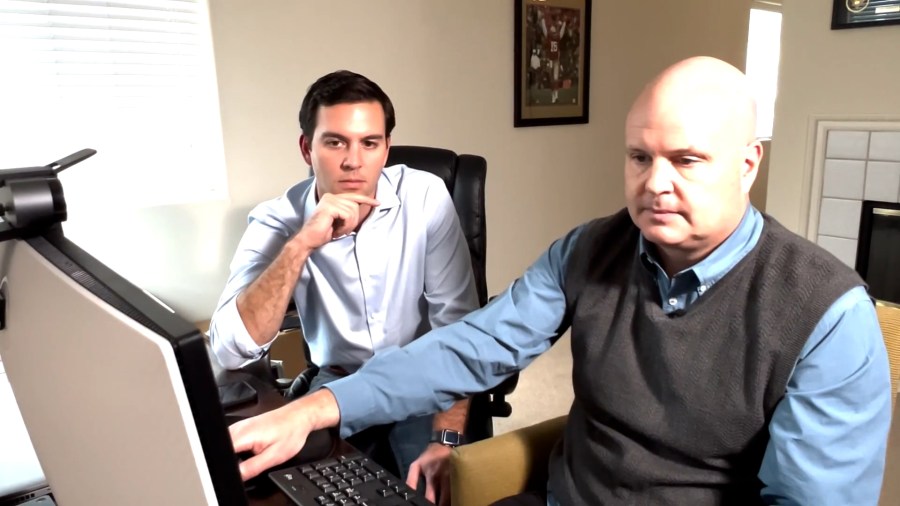(NewsNation Now) — Would you still want a Louis Vuitton bag if it was pillaged from a store in California during a smash-and-grab robbery? Or a Rolex stolen from a display case?
Online shopping boomed during the pandemic, with more and more people willing to hunt on Facebook Marketplace, Amazon and eBay rather than step into a store. But some people are unwittingly falling into thieves’ hands and helping them make money off their crimes.
The National Retail Federation calls it “organized retail crime.” They say it costs businesses around $700,000 for every $1 billion in sales.
There is an effort underway to curb that number, but online store platforms say it’s at least partly on users to flag items they think might be stolen.
Retired Beverly Hills Assistant Police Chief Marc Coopwood translated his experience from nearly three decades of law enforcement into a career tracking down and exposing cyber criminals. He says petty thieves can push their stolen products easily behind a computer screen.

Social media sites work to protect user privacy — and he says that makes it hard for police departments to track down offenders.
“The information is very protected,” Coopwood said. “And even with a court order, we are not able to get the information that we need to be able to find who posted the product on the website.”
Coopwood pointed out several examples of suspicious products on popular marketplaces. Some red flags stood out immediately — things that everyday buyers should be aware of.
“When it’s discounted so heavily and then there’s no way to get a hold of this person,” he said. “[When] they have an anonymous profile, they are asking for information you should never give them.”
Amazon has a team of 10,000 workers whose sole job is to track down bad actors on the platform. The company spent more than $700 million toward fraud mitigation strategies in 2020.
Sellers are vetted through a video chat before their products go to market.
Meta, corporate owners of Facebook, has a long list of prohibited items on Facebook Marketplace, including anything that’s been stolen.
Businesses trying to sell products there will be initially checked, but Meta requires everyday users to police the marketplace once the product is listed.
They say it’s up to everyone to report suspicious products to the company and police.
“The online marketplace is the new pawn shop, and unfortunately, our laws have not been updated that you can rather quickly and anonymously sell stolen goods online.” said Jason Brewer, executive vice president of the Retail Industry Leaders Association.
Businesses like Best Buy, Nordstrom and Home Depot, which are all victims of organized retail crime, recently sent a letter to Congress asking for help. It says they’re “forced to compete against unscrupulous sellers” and that these criminals are exposing consumers to “unsafe and dangerous counterfeit products.”
They want to see the Inform Act passed. The federal legislation would make online marketplace sellers verify their identities and create more safeguards to prevent bargain hunters from unknowingly buying stolen goods.
“It would essentially create more transparency online,” Brewer said. “It would make it harder for someone to hide behind a screen name and sell a product.”
The bill has bipartisan support, but hasn’t received a vote yet in Washington.
For now, just remember that if the deal looks too good to be true, it probably is.
